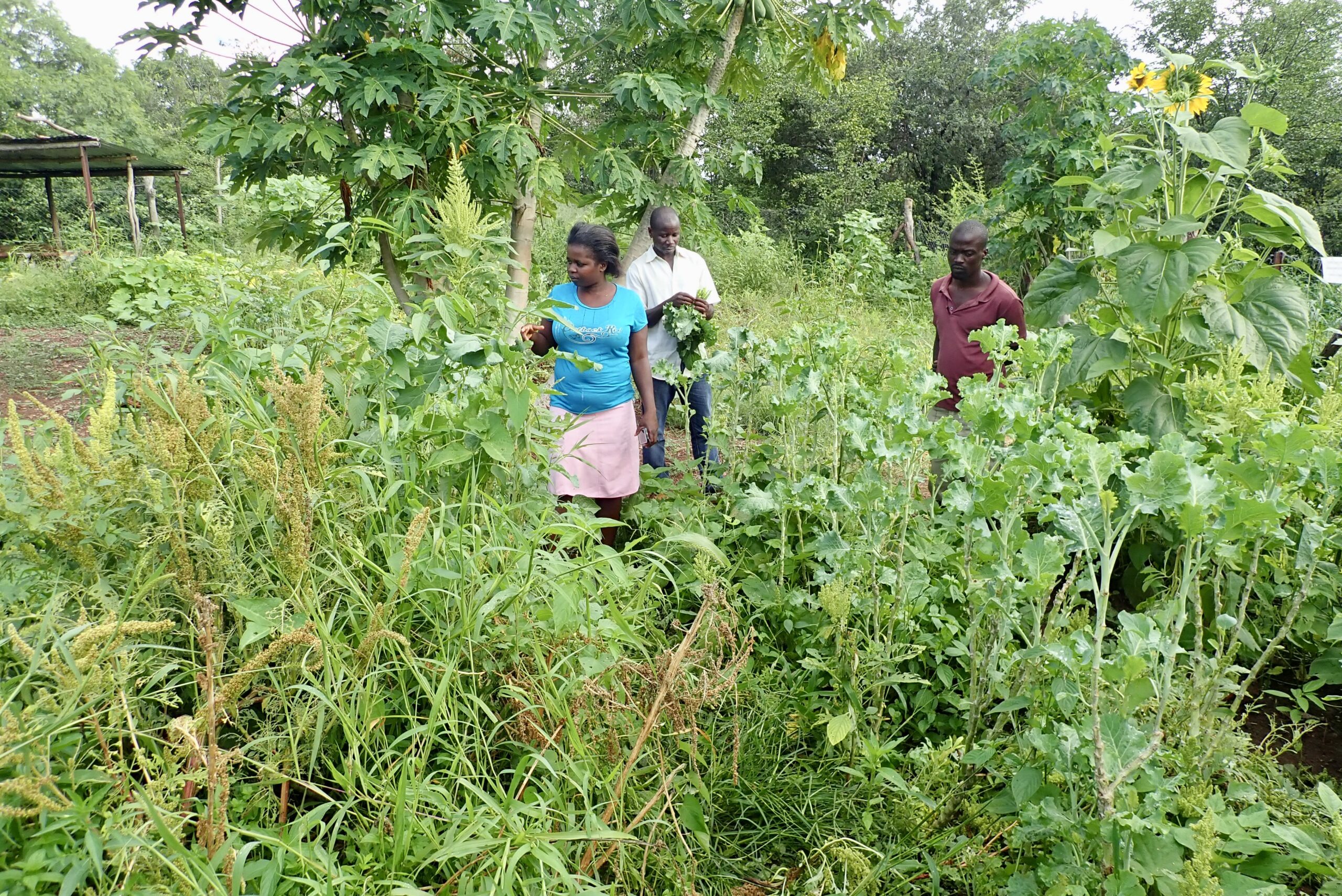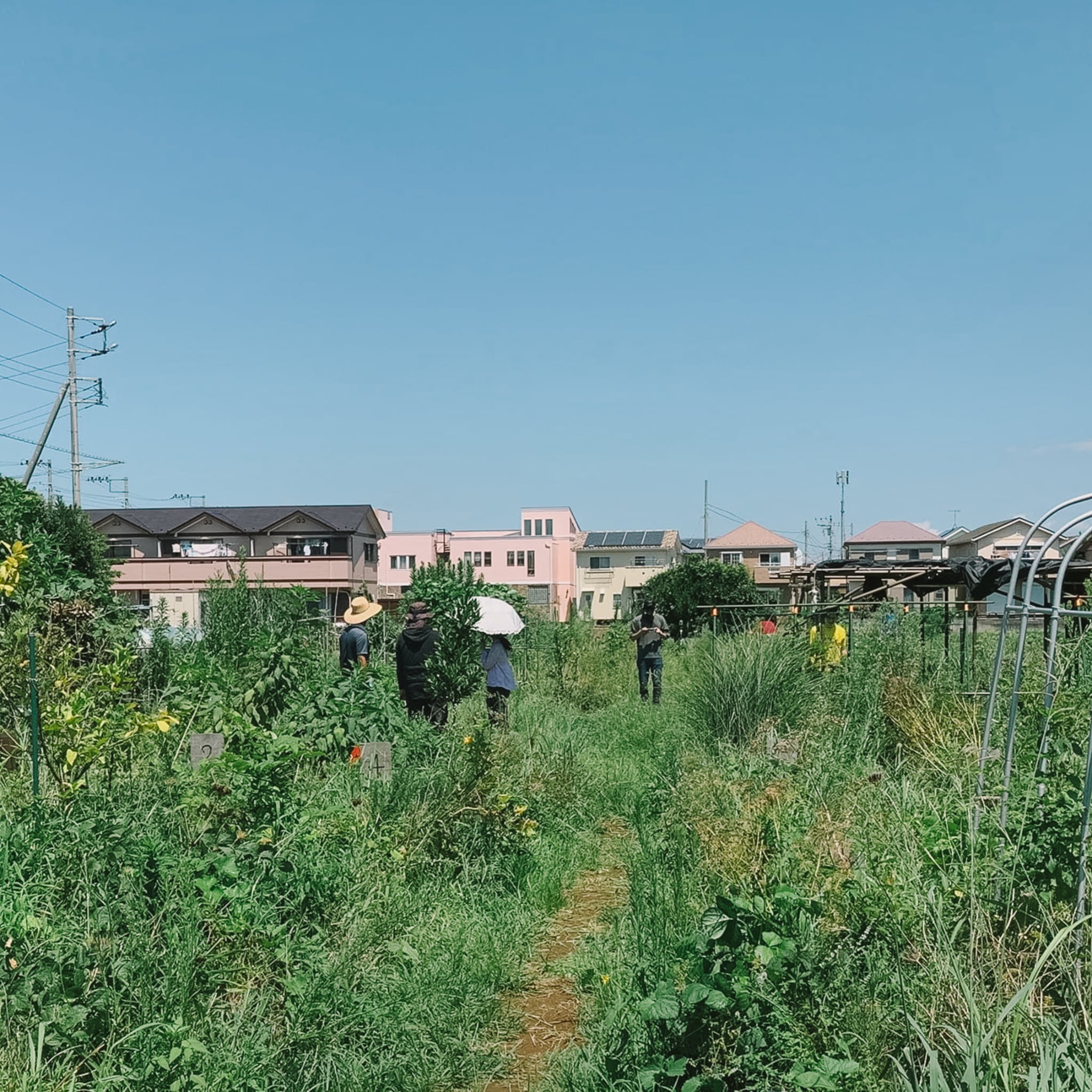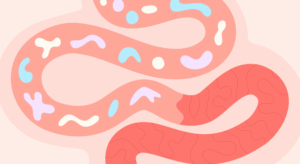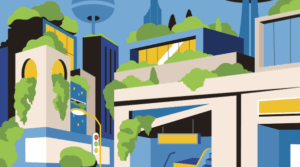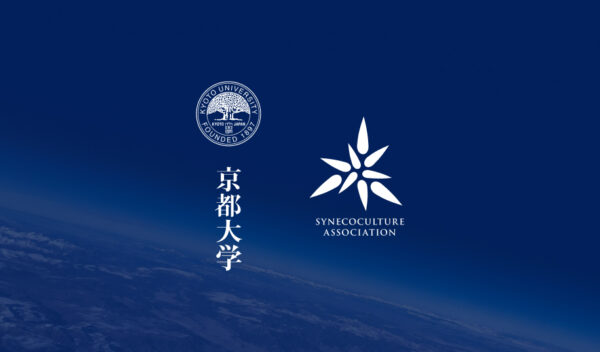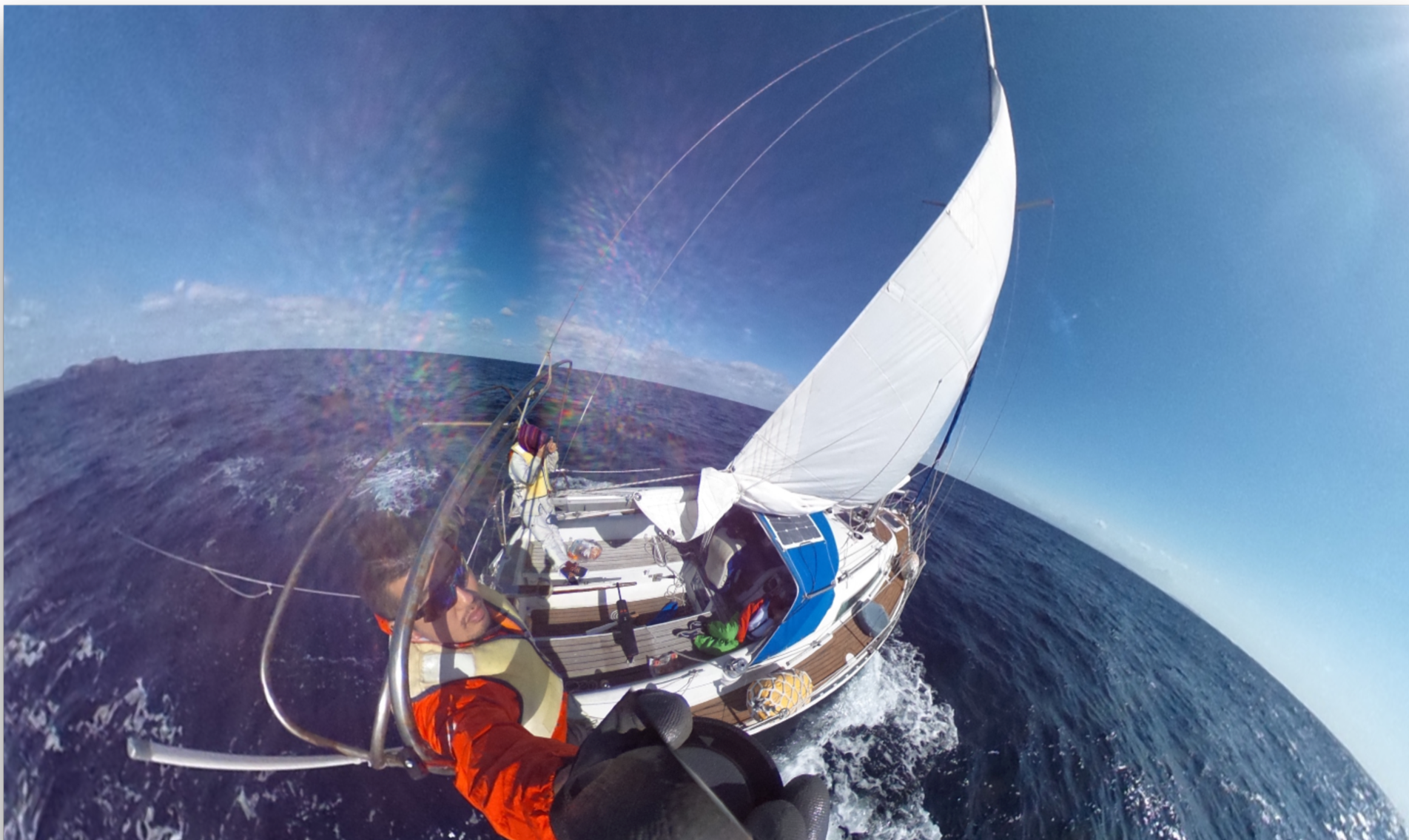
Toward a future
where people and nature
thrive together.
Human progress or environmental protection—must we choose one over the other?
As the world sways between these polarized values, we ask a different question:
Is there a path that honors both?
What we set out to explore was a civilizational mechanism capable of enabling a truly sustainable society.
“If science and technology possess the power to destroy the great natural world,
then surely they also hold the power to restore it.”
Driven by this conviction, our research began with a focus on agriculture.
Through field experiments conducted in Japan and across Africa, the concept was gradually refined and later established academically as the theory of Augmented ecosystems.
The work has since been published in Perspective and Research articles through Nature Research.
“People and nature can uplift one another.”
Today, a ray of light is beginning to illuminate that future.
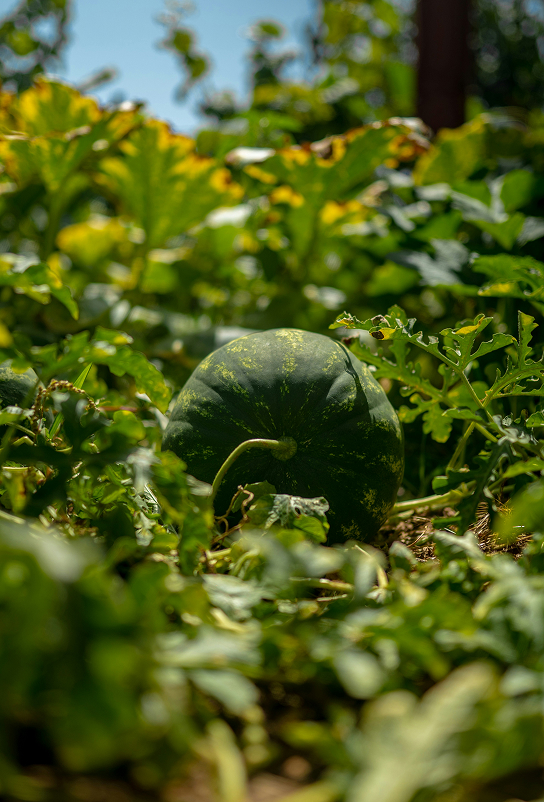
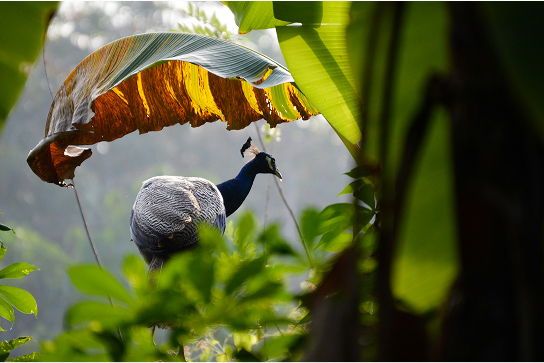
自然をつくる。
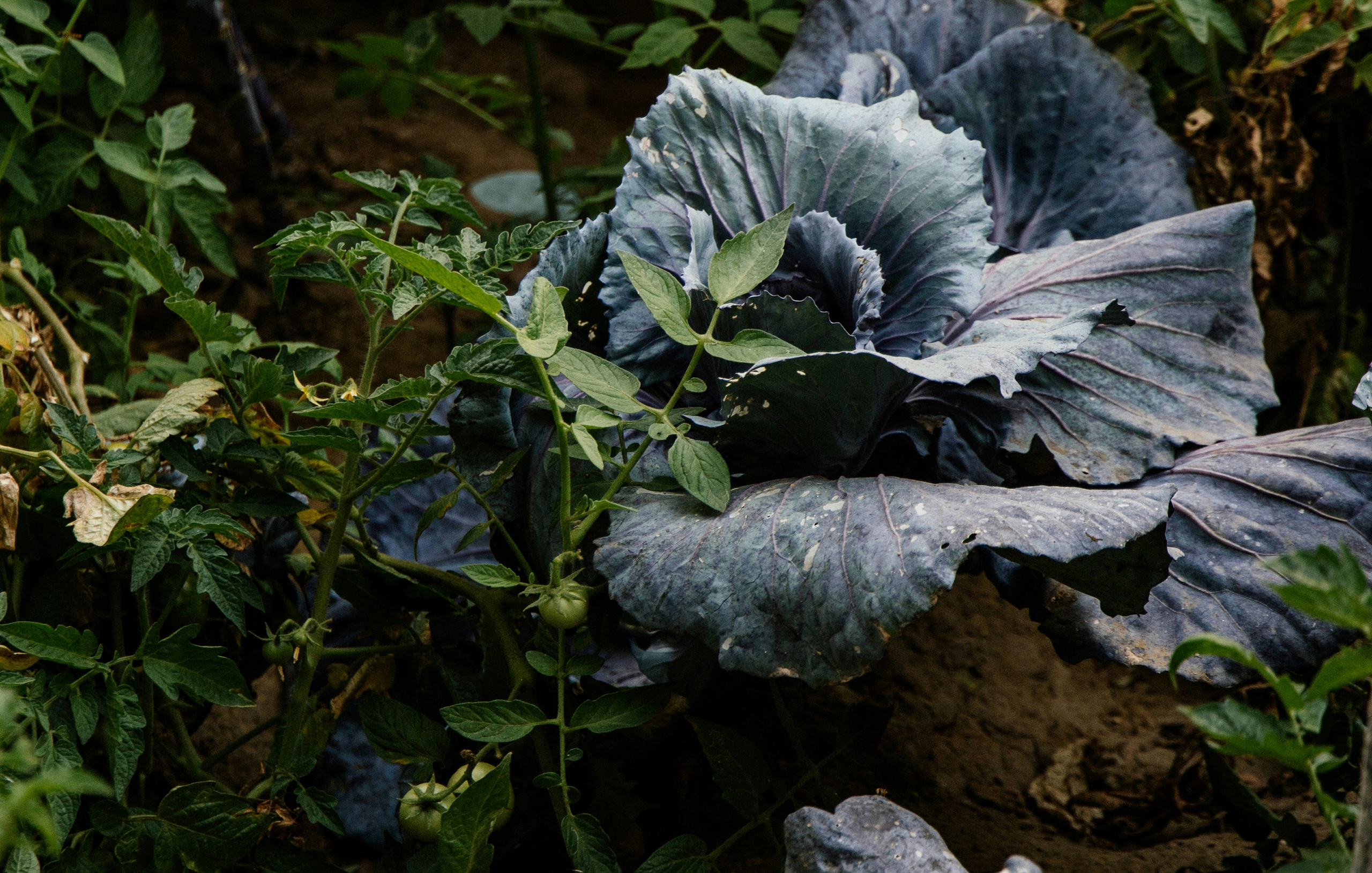
人類の発展と環境破壊のトレードオフを乗り越え、真に持続可能な社会を目指す「拡張生態系」の研究・普及を推進しています。
拡張生態系がもたらす恩恵
生産性と環境回復の両立
人為的な砂漠化が深刻なアフリカ・ブルキナファソの実証実験では裸地化していた環境が、3年ほどで約500㎡の食用植物に満ちた密林に変貌し、慣行農法の約50 ~200倍の収益性を記録しました。
おいしく、健康になる
拡張生態系の中で育った作物は、えぐみや苦味が少なく、生で食べられてこなかった野菜も生で食べることができたり、長期的な健康保護効果に関係する栄養素を多く含むことがわかっています。
心地よい都市空間をつくる
ビルの屋上や空き地などを拡張生態系に基づく緑地に変えると、それらを行き来する生き物の働きにより、大きな生態系ネットワークが構築され、さまざまな免疫の恩恵を都市生活にも取り入れることができます。
感染症や災害を抑制する
拡張生態系によってもたらされる健康な表土は、生態系機能を高度に緩衝・調節し、特定の種の大量発生、洪水や侵食など、生態系の不均衡に由来するさまざまな災害から私たちの生活を守ってくれます。
小規模農家から革新を起こす。
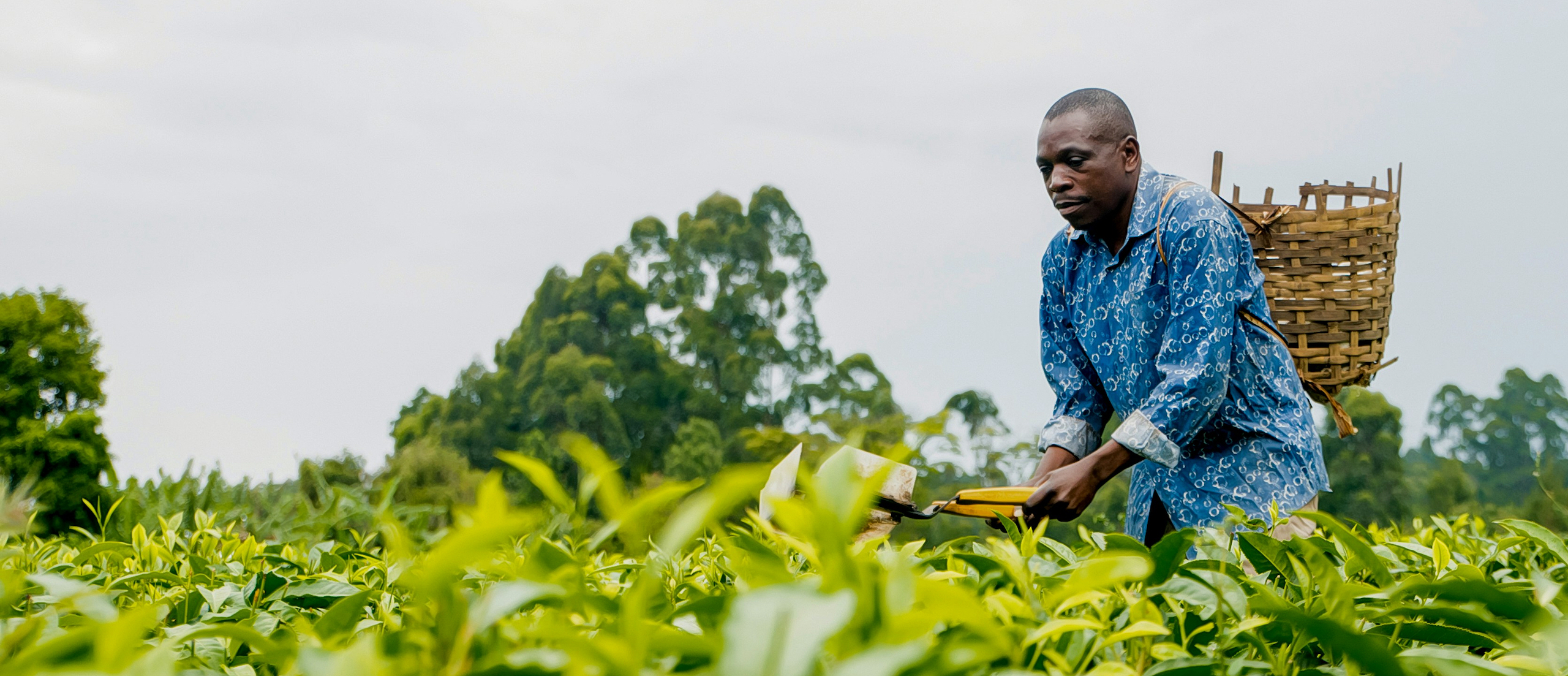
点在する「緑の島」をつなぐ。


食・環境・健康のトリレンマを解く。
食・環境・健康の個別最適化の限界
生態系の拡張、科学的指標化による統合
持続可能な文化基盤の構築、分散型社会システムの実現
私たちの取り組み
生態系の機能には、安全な食料・水の生産、気候の調整、自然災害の緩衝、表土の形成、生物多様性の保全、疾患の抑制効果、文化的な価値の提供など、さまざまなものがあります。私たちの生活はこの生態系機能によって支えられています。生…
守るべき生態系 を超えて 私たちは「都市」を、拡張生態系が広がるうえで大切なフィールドの一つと考え、研究と実装を進めています。人や機能がより集中する都市では、自然との関わり方が大きく変わろうとしています。生物多様性や生態…
京都大学・社会的共通資本と未来寄附研究部門は、教育・医療・環境といった社会基盤を、経済学者の宇沢弘文氏が提唱する「社会的共通資本」として捉え直し、その持続可能なあり方を探究する研究機関です。
シネコカルチャーの世界へようこそ
シネコカルチャーとは
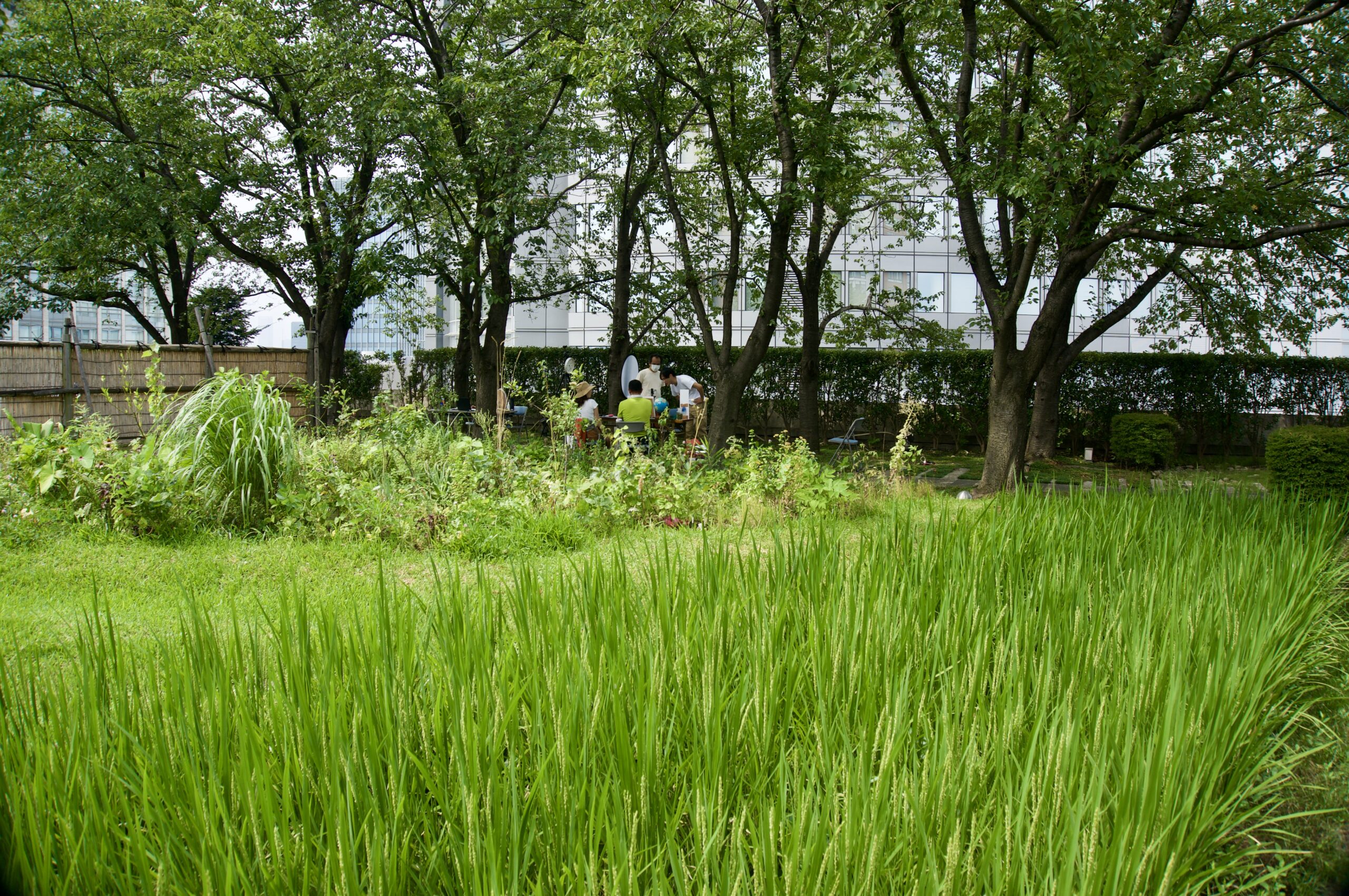
シネコポータル
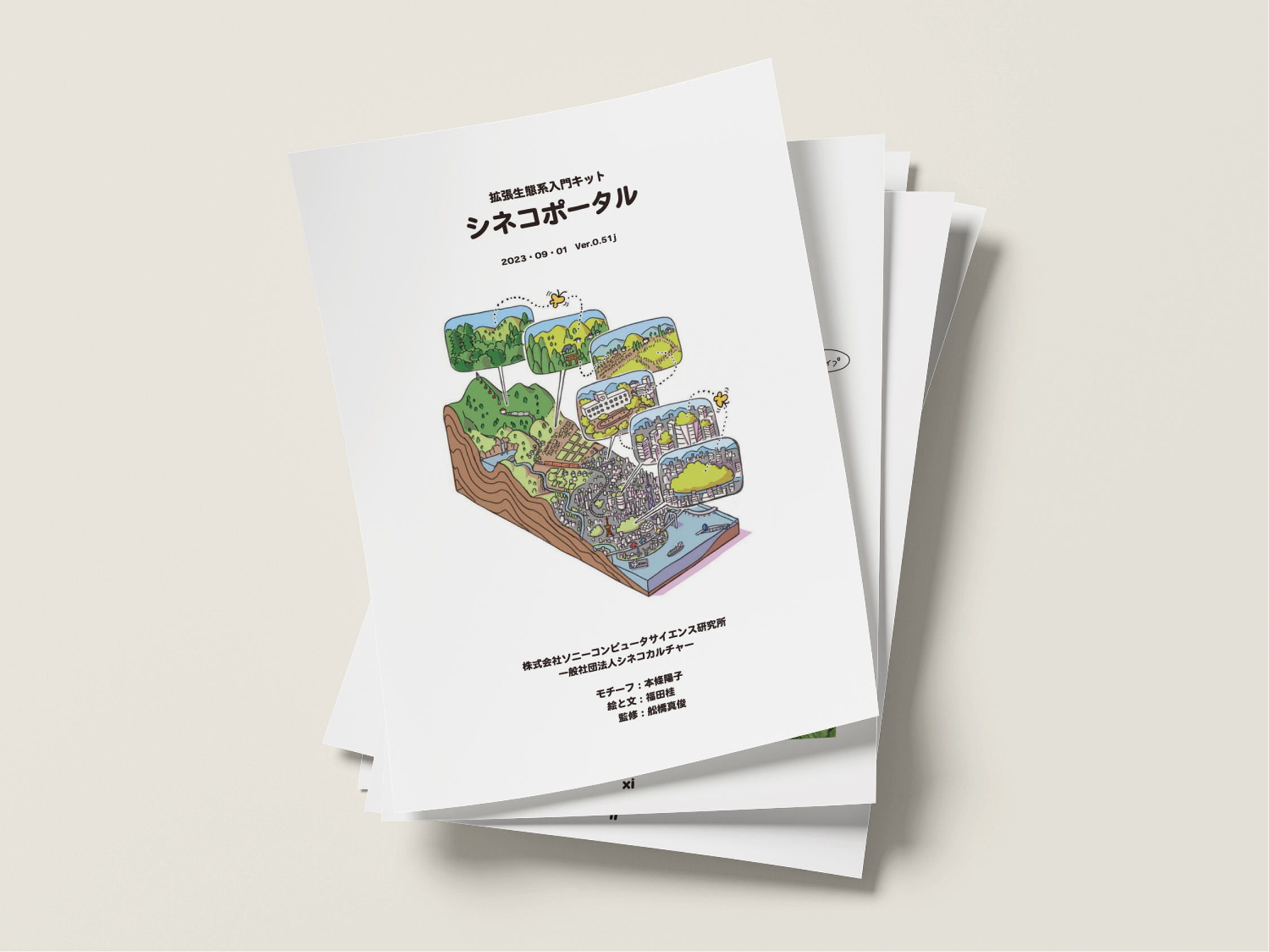
Synecocultureマニュアル
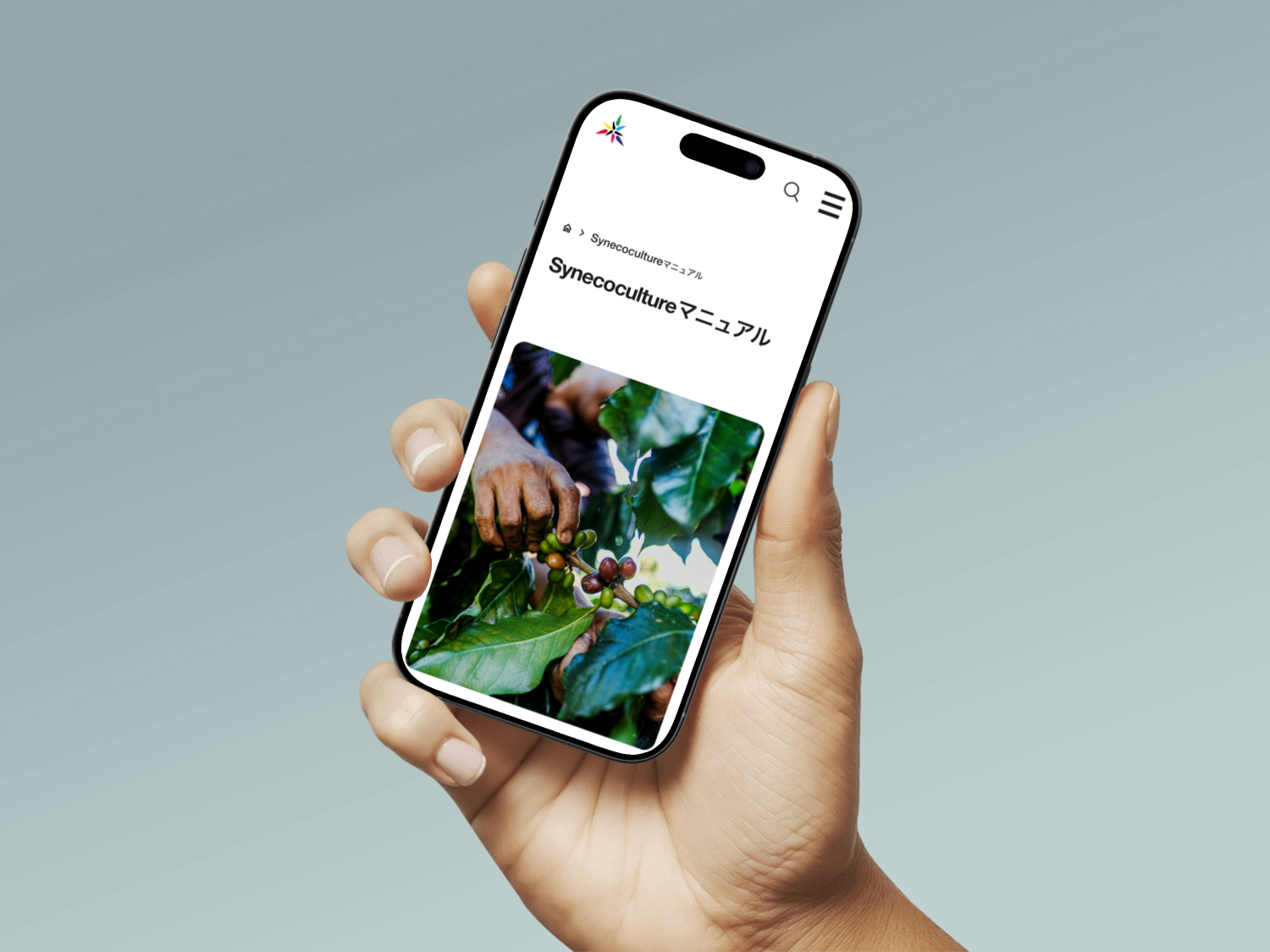
実践事例
